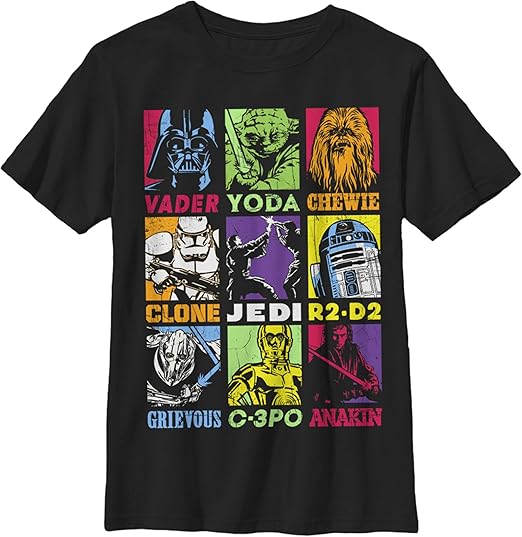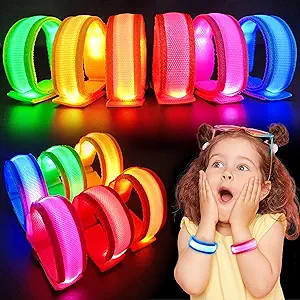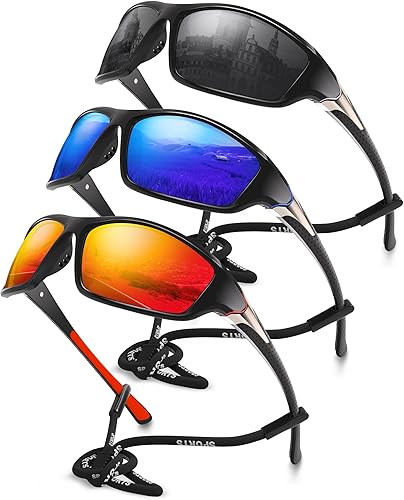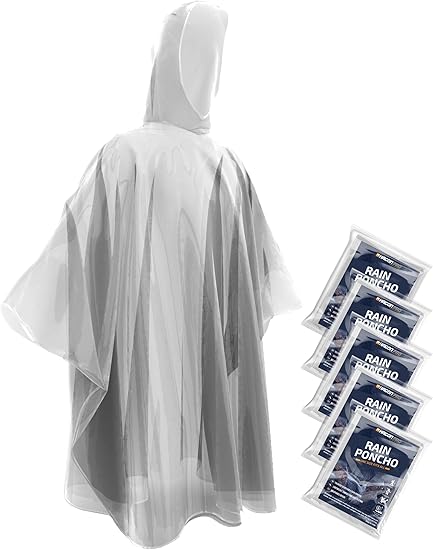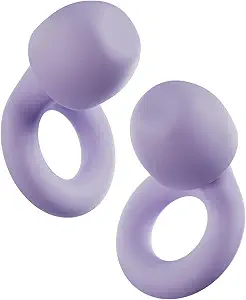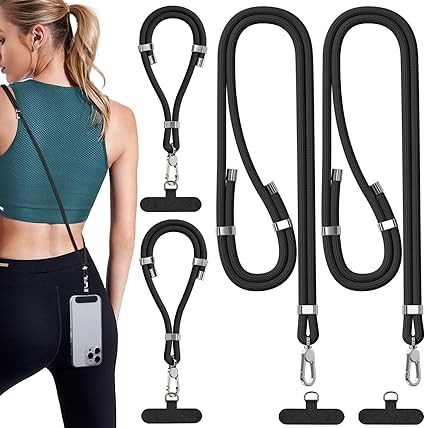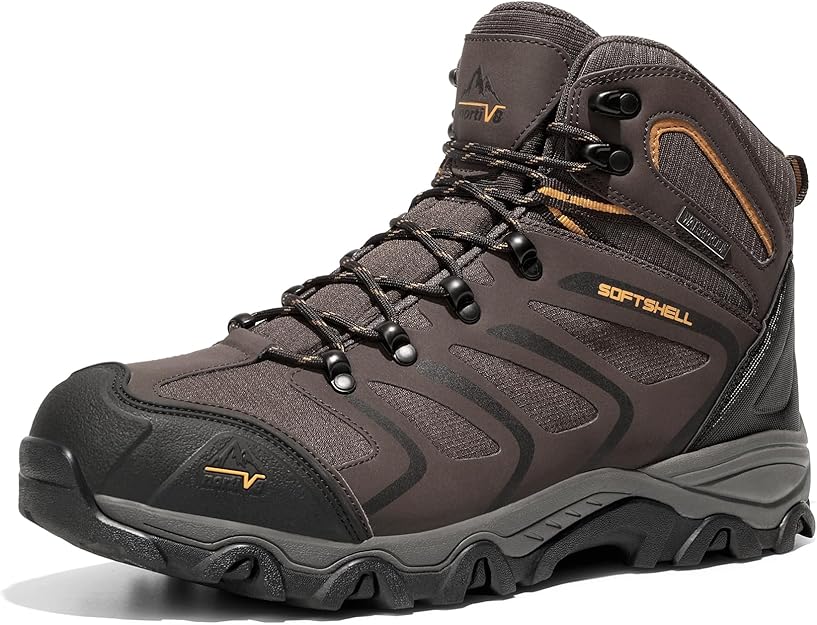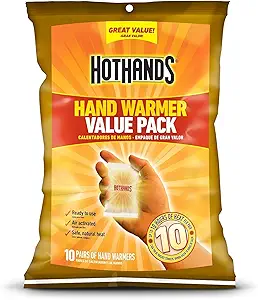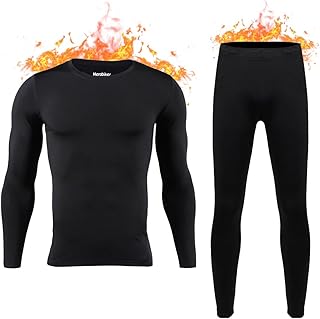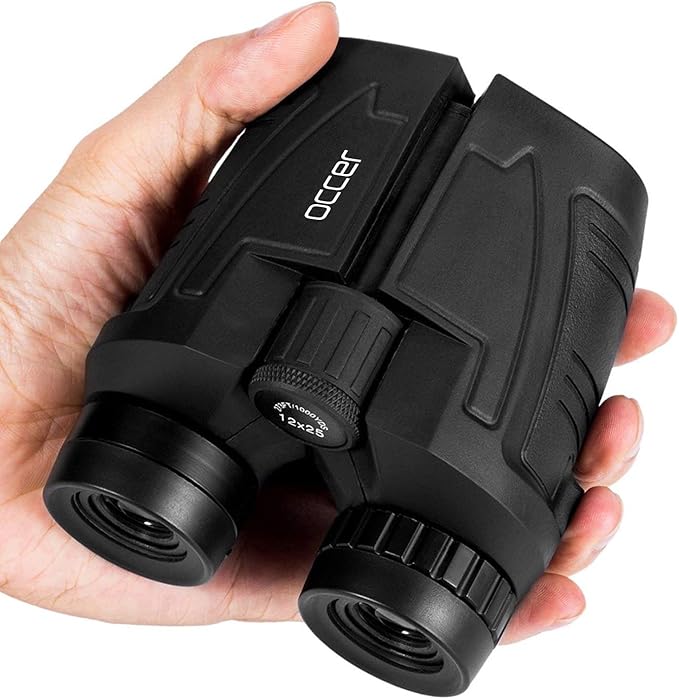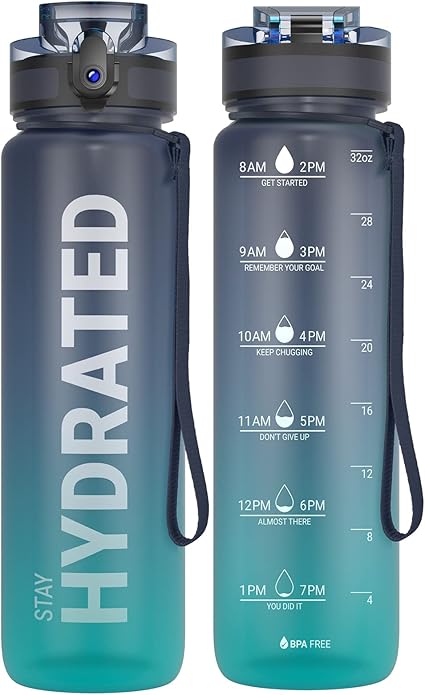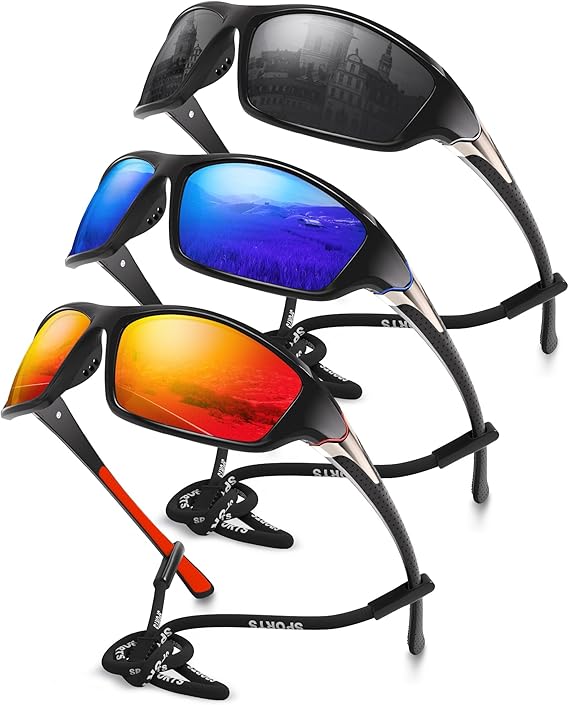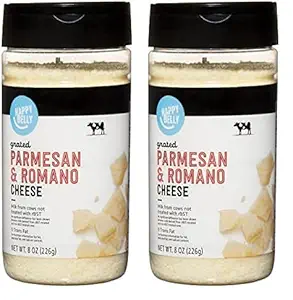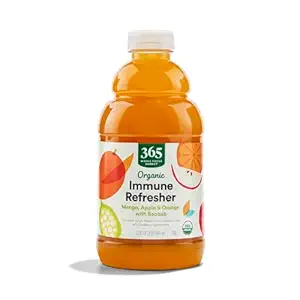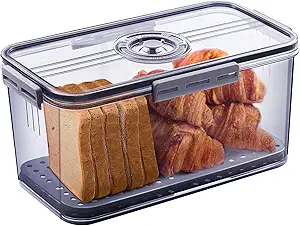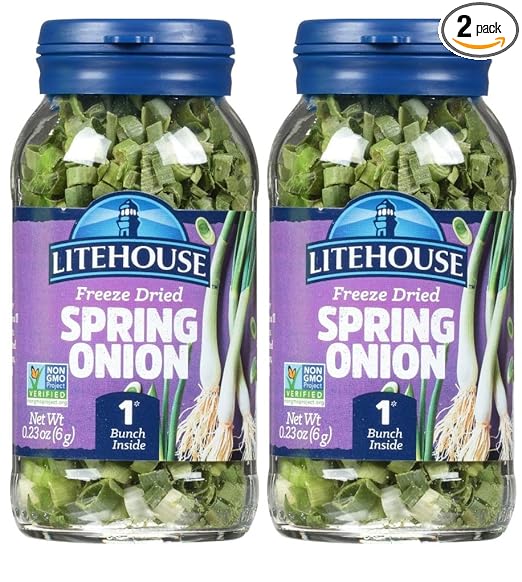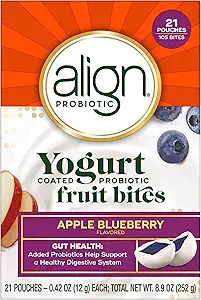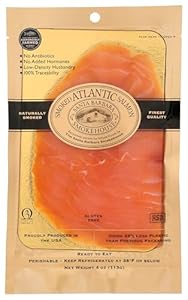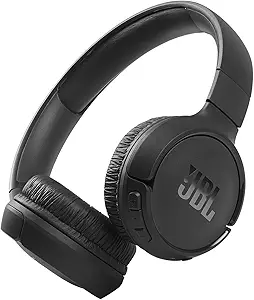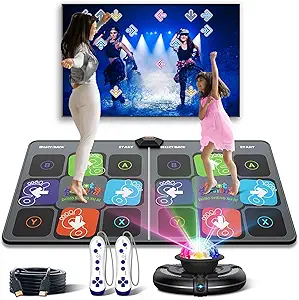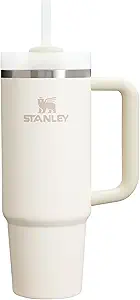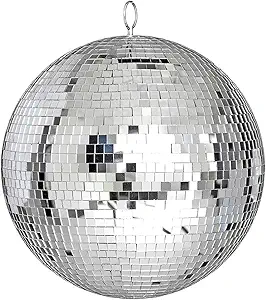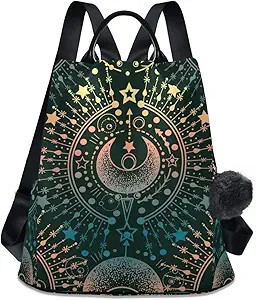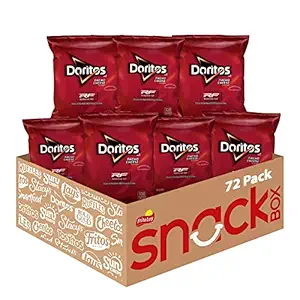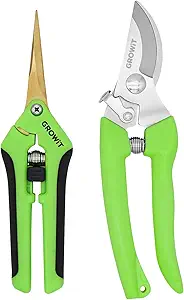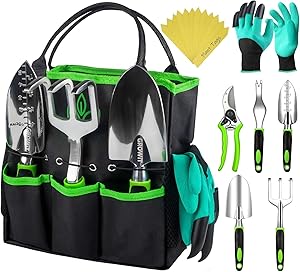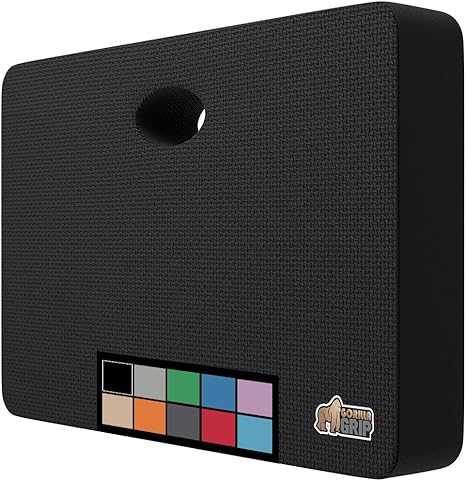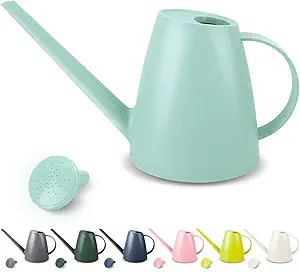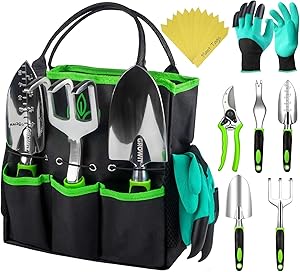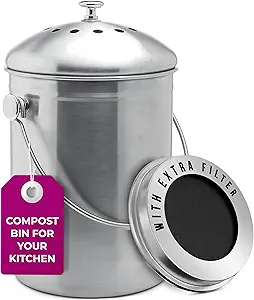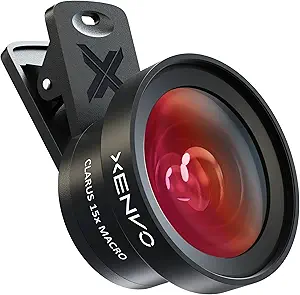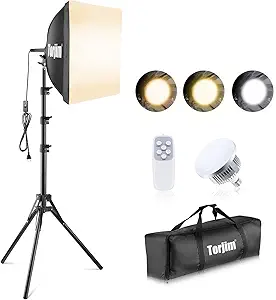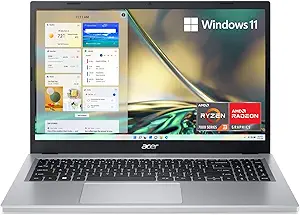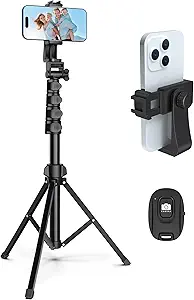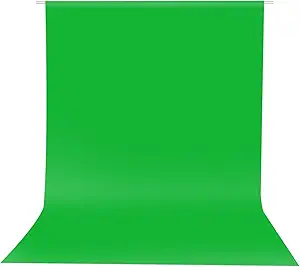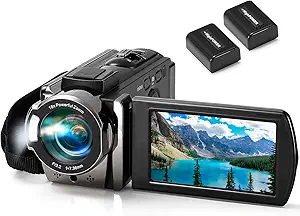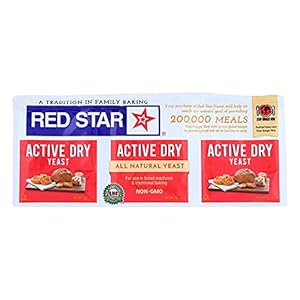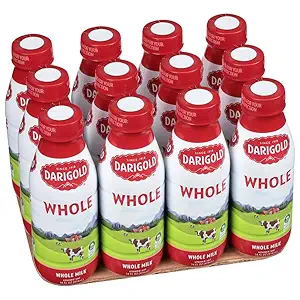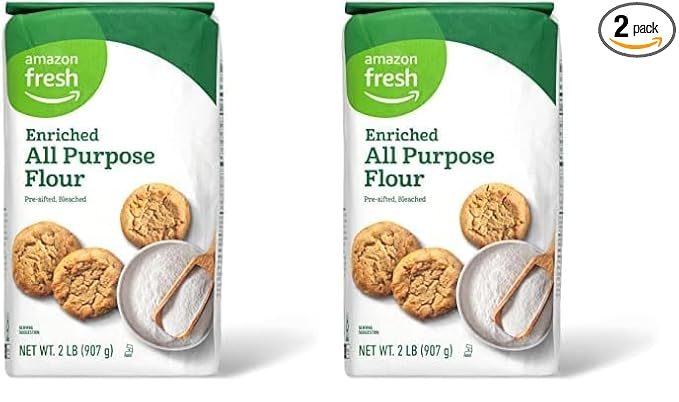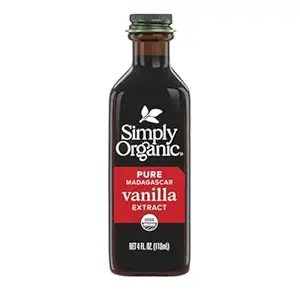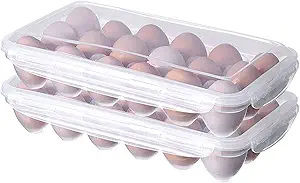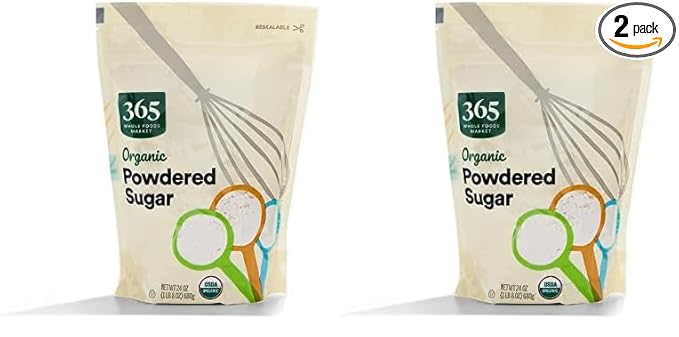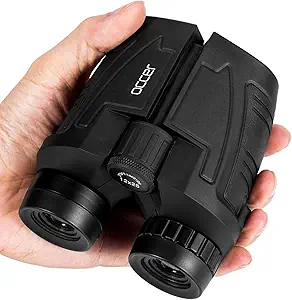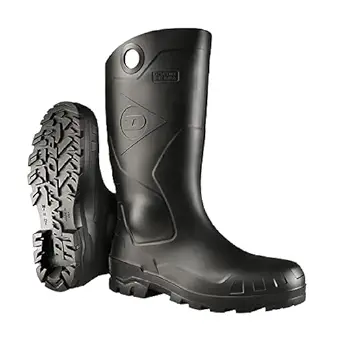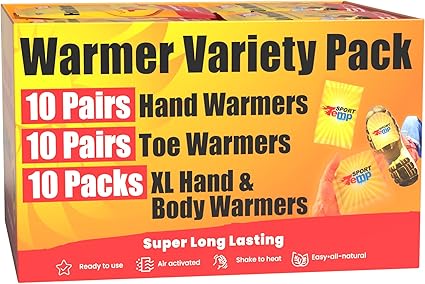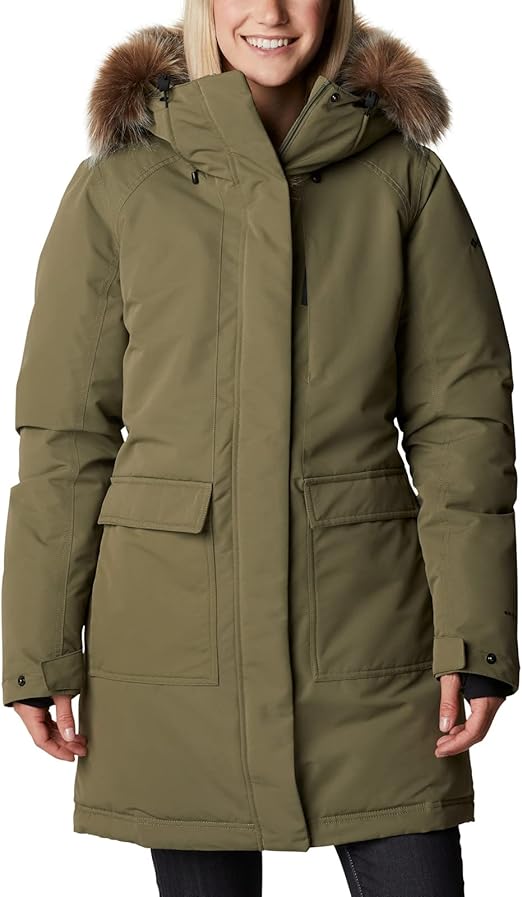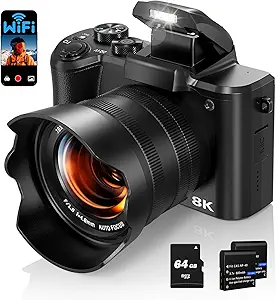Beginner-Friendly Cooking Class Essentials: Gear to Boost Confidence
Cooking is one of the most rewarding skills you can learn. Whether you’re joining your first cooking class, starting a new hobby, or preparing to cook healthier meals at home, the right gear can make a world of difference. For beginners, walking into a kitchen filled with sharp knives, sizzling pans, and endless gadgets can feel intimidating. But don’t worry—with the right essentials, you’ll build confidence and enjoy every step of the journey.
This guide covers all the beginner-friendly cooking class essentials you’ll need to feel prepared, capable, and excited to step into the kitchen. From must-have tools to bonus items that boost confidence, let’s explore what to pack for your cooking adventure.
1. Why Gear Matters for Beginner Cooks
Before diving into the checklist, let’s understand why gear is important:
-
Confidence Boost: Having the right tools eliminates stress and mistakes.
-
Safety: Proper knives and cookware prevent accidents.
-
Efficiency: Good tools make cooking faster and easier.
-
Learning Aid: Essentials help you focus on techniques, not equipment struggles.
Cooking is about skill and creativity—but the right gear helps you practice those skills more effectively.
2. Essential Tools for Every Beginner Cooking Class
Let’s start with the core kitchen tools that every beginner should bring or have ready:
Chef’s Knife
-
The most important tool in any kitchen.
-
Look for an 8-inch chef’s knife—versatile for slicing, dicing, and chopping.
Cutting Board
-
A sturdy cutting board protects counters and keeps knives sharp.
-
Tip: Choose a wooden or BPA-free plastic board for durability.
Measuring Cups & Spoons
-
Essential for following recipes accurately.
-
Beginners benefit from measuring everything until they develop intuition.
Mixing Bowls
-
Different sizes for prepping, mixing, and serving.
-
Nesting bowls save space and keep your workstation organized.
Spatula & Wooden Spoon
-
Wooden spoons are heat-resistant and versatile.
-
Spatulas are perfect for flipping, stirring, and scraping.
Small Paring Knife
-
Handy for peeling, coring, and cutting small items.
Kitchen Towels & Apron
-
Towels help with spills, and an apron keeps you mess-free.
👉 Pro Tip: Don’t overpack. Start with these basics—you’ll learn which tools you love as you practice.
3. Cookware Essentials for Beginners
Your cooking class may provide some equipment, but it’s helpful to know which cookware matters most:
-
Non-Stick Skillet: Great for eggs, pancakes, and stir-fries.
-
Saucepan (Medium Size): Perfect for pasta, soups, or reheating sauces.
-
Stock Pot: Essential if you plan to cook soups or boil pasta in large amounts.
-
Baking Sheet: Even if you don’t bake, it’s versatile for roasting vegetables.
👉 Pro Tip: Start with one or two quality pans rather than buying a full set.
4. Confidence-Boosting Small Gadgets
These little tools make life easier for beginners:
-
Peeler: For vegetables and fruits.
-
Whisk: Ideal for batters, sauces, and dressings.
-
Tongs: Safer and easier than forks for flipping food.
-
Colander: To drain pasta or wash produce.
-
Can Opener: A must-have for soups or sauces from cans.
5. Safety Essentials for Beginner Cooks
Safety is key when handling sharp knives, heat, and heavy pots.
-
Cut-Resistant Gloves (Optional): For nervous beginners using knives.
-
Oven Mitts or Pot Holders: Prevent burns when handling hot cookware.
-
First Aid Basics: Band-aids and antiseptic for small nicks.
👉 Confidence grows when you know you’re safe in the kitchen.
6. Pantry Basics to Keep Handy
Cooking classes often focus on technique, but you’ll want these staples at home for practice:
-
Olive oil and vegetable oil
-
Salt and pepper
-
Basic spices (garlic powder, paprika, chili flakes)
-
Flour, sugar, rice, or pasta
👉 Having pantry staples lets you practice new recipes right after class.
7. Clothing & Personal Essentials
Comfort and safety extend beyond tools—what you wear matters too.
-
Apron: Keeps your clothes clean.
-
Comfortable Shoes: Non-slip shoes reduce fatigue and accidents.
-
Hair Ties or Headbands: Keeps hair out of food and your face.
8. Confidence-Building Habits for Beginners
Gear is important, but your habits boost confidence even more:
-
Mise en Place: Prep all ingredients before starting.
-
Knife Practice: Spend 5–10 minutes daily improving cuts.
-
Taste as You Cook: Learn to adjust flavors along the way.
-
Ask Questions in Class: Instructors are there to help you succeed.
9. Packing Checklist for Your Cooking Class
Here’s a simple checklist to print and use:
✅ Chef’s knife & paring knife
✅ Cutting board
✅ Measuring cups & spoons
✅ Mixing bowls
✅ Spatula & wooden spoon
✅ Kitchen towel & apron
✅ Small gadgets (whisk, tongs, peeler, can opener)
✅ Notebook & pen (for class notes)
10. Extra Items for Advanced Confidence
As you grow, you might add these:
-
Instant-Read Thermometer: Perfect for meats and baked goods.
-
Microplane/Zester: For citrus zest, cheese, or garlic.
-
Blender or Food Processor: Speeds up prep and expands your recipe range.
-
Kitchen Scale: For precise measurements (especially baking).
11. Common Mistakes Beginners Make (and How to Avoid Them)
-
Overpacking gadgets: Stick to essentials at first.
-
Using dull knives: A sharp knife is safer and easier.
-
Ignoring prep time: Rushing leads to mistakes.
-
Not tasting food: Confidence comes from experimenting with flavors.
12. Tips to Get the Most Out of Your Cooking Class
-
Arrive early and set up your station neatly.
-
Watch demonstrations closely—don’t just rely on notes.
-
Take pictures (if allowed) to remember techniques.
-
Don’t fear mistakes—every chef started somewhere.
Conclusion
Cooking should be fun, creative, and empowering. For beginners, the right gear transforms the kitchen from intimidating to inviting. With this essential list—knives, boards, cookware, gadgets, and personal comfort items—you’ll walk into your cooking class ready to learn, explore, and boost your confidence.
Remember: confidence grows with practice. Gear helps you start strong, but your passion and consistency will turn you into a confident home chef.
So pack your essentials, tie on your apron, and get ready to cook with courage—you’ve got this!
